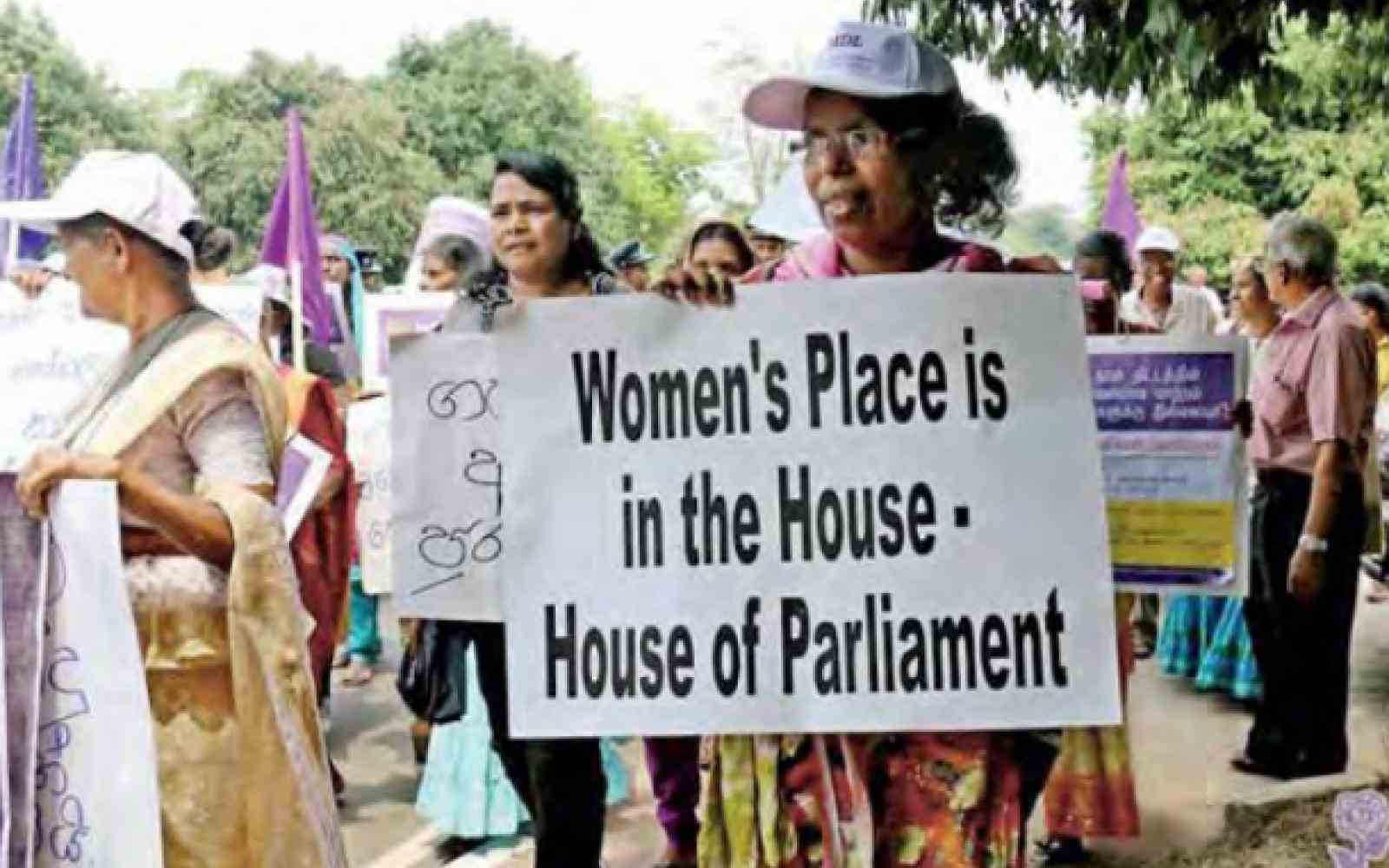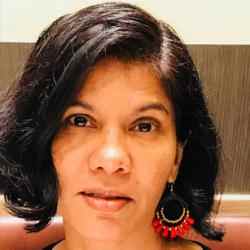Shreen Saroor - Women’s Action Network (WAN)

Recognizing that the women’s movement in Sri Lanka needs a new generation of leaders after its deadly civil war, Shreen Saroor is creating a cadre of young women who are bringing new solutions to overcome the socio-cultural inequalities that have long prevented women from exercising full citizenship in the country.
Shreen's New Idea:
Shreen is creating a new generation of young women leaders from divergent groups who don’t typically work together—such as Muslim, Tamil, and Sinhalese—to ramp up the women’s movement in Sri Lanka. The women’s rights movement barely survived during the 1983-2009 civil war and its aftermath; Shreen saw that the older generation of female leaders fighting against structural discrimination during this time were exhausted, and she feared the nascent movement would dissolve altogether without second-generation leaders to carry the movement forward.
A unique dimension to WAN’s work is the aggressive focus on interethnic collaboration, cutting across the deep divisions left over from the civil war. The network examines issues through larger universal women’s rights without regard to Tamil, Muslim, or Sinhalese ethnicity. For example, young women from all these groups are together reforming the highly discriminatory Muslim Personal Law, which permits child marriage and the unilateral right for men to dissolve a marriage, seeing it as a fundamental issue for all women, not just a Muslim women’s issue. More recently, Shreen established the Women’s Organization Working for Disability, bringing together women who were injured in the war to fight for justice and reparation. As a result, more than $2.8 million was allocated for their welfare in the 2018 Sri Lanka national budget. The group is now a nationally registered CSO led by physically challenged women who have become active in policy reforms and transitional justice.

Shreen' s story appears in the 2018 edition of "Leading Social Entrepreneurs" which features a selection of just a few of the Ashoka Fellows recently brought into the largest global network of social entrepreneurs. The LSE presents some of the newest innovations by leading social entrepreneurs whose ideas are changing the way things are done all over the world.
We invite you to support Ashoka by sharing these stories and helping us continue to find and invest in the next generation of systems-changing social entrepreneurs.
